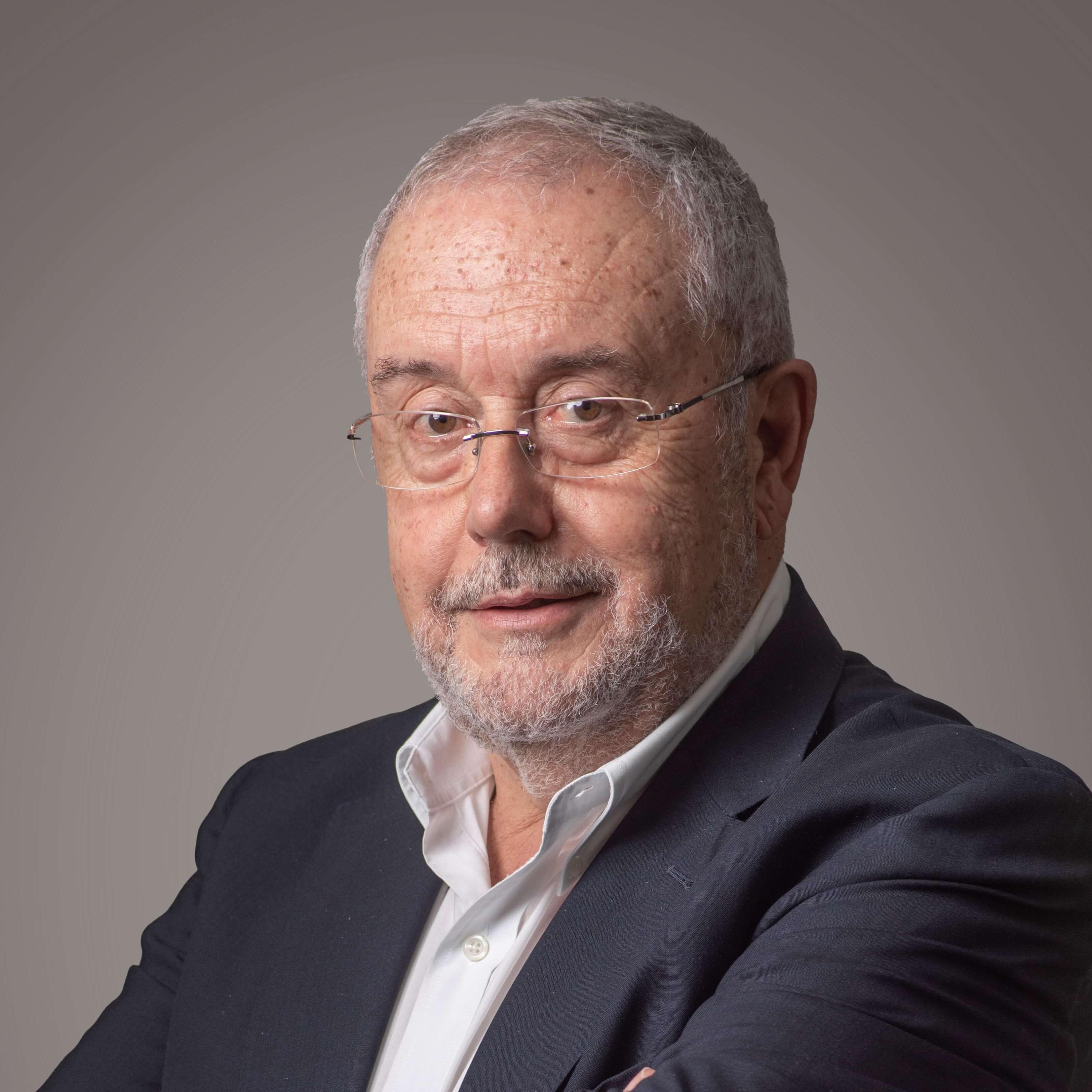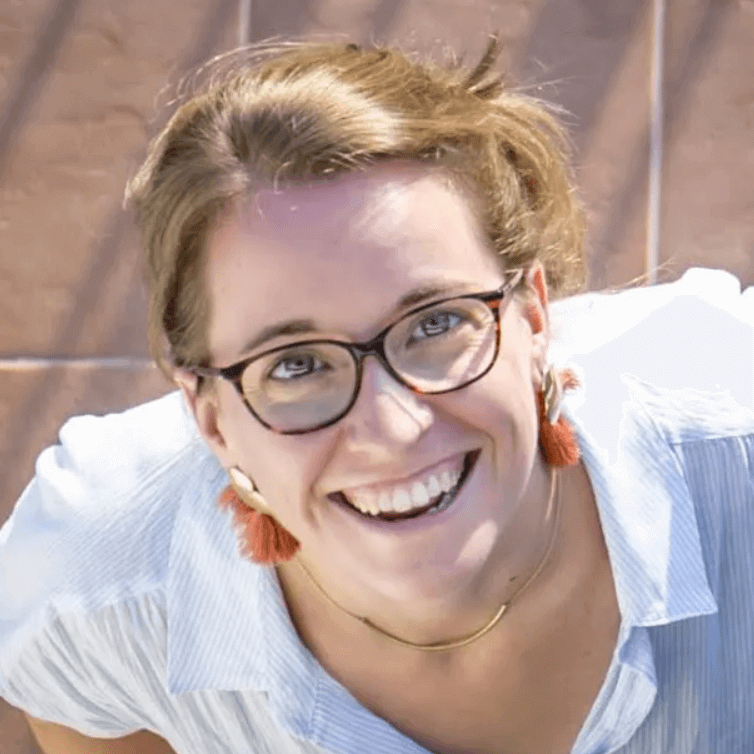Reflections and proposals for a respectful approach to the natural environment.
For many older people, digitalization does not simplify daily procedures, but rather adds new obstacles, generating anxiety and worry.
The article highlights volunteering as a driver of active citizenship, democracy, and human rights in Europe. It calls for harmonizing national regulations to advance a common European volunteering policy.
The author, Hermes Castro, Treasurer of Fedelatina at Fedelatina (Federation of Latin American Entities of Catalonia) shares his perspective on what has happened in the country in an article published in three parts.
The author, Hermes Castro, Treasurer of Fedelatina at Fedelatina (Federation of Latin American Entities of Catalonia) shares his perspective on what has happened in the country in an article published in three parts.
The author, Hermes Castro, administrative coordinator at Fedelatina (Federation of Latin American Entities of Catalonia) shares his perspective on what has happened in the country in an article published in three parts.
We call for breaking down walls and demand urgent measures that make possible the right to migrate freely, reside and work with dignity, and live as a family.
The République du Cameroun’s military have been throwing bombs, killing people with impunity, raping university students and burning villages down in Southern Cameroons.
Although the issue of refugees is more present today than in 2015, it still goes unnoticed, and only hits the headlines when many people die, or to stir up a controversy.
The Migration, Gender and Development Network in Barcelona is an initiative of Migrant Feminists who live in the city. Next September we’ll open a permanent school on Decolonial Feminsim. We use the feminist space of Ca la Dona, but the school will be outside of it.
Rijeka will be the European Capital of Culture in 2020 and it is seen as an opportunity to secure a lasting legacy of volunteers in many fields of culture and cultural heritage.








